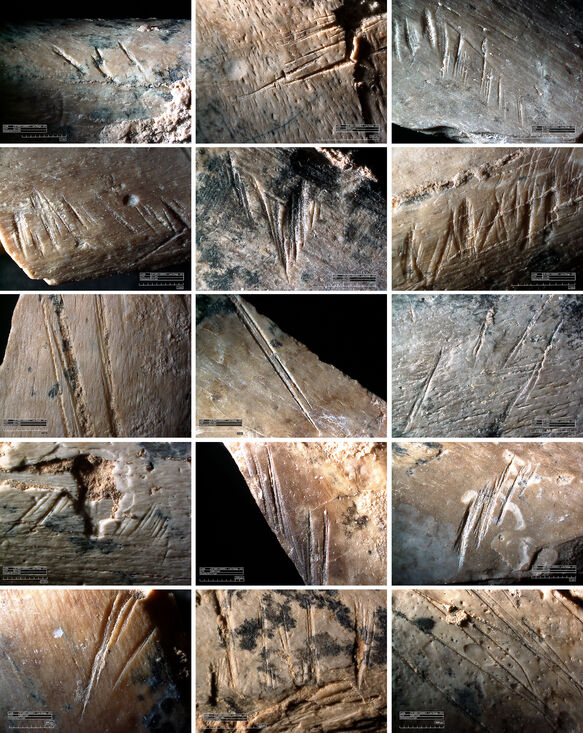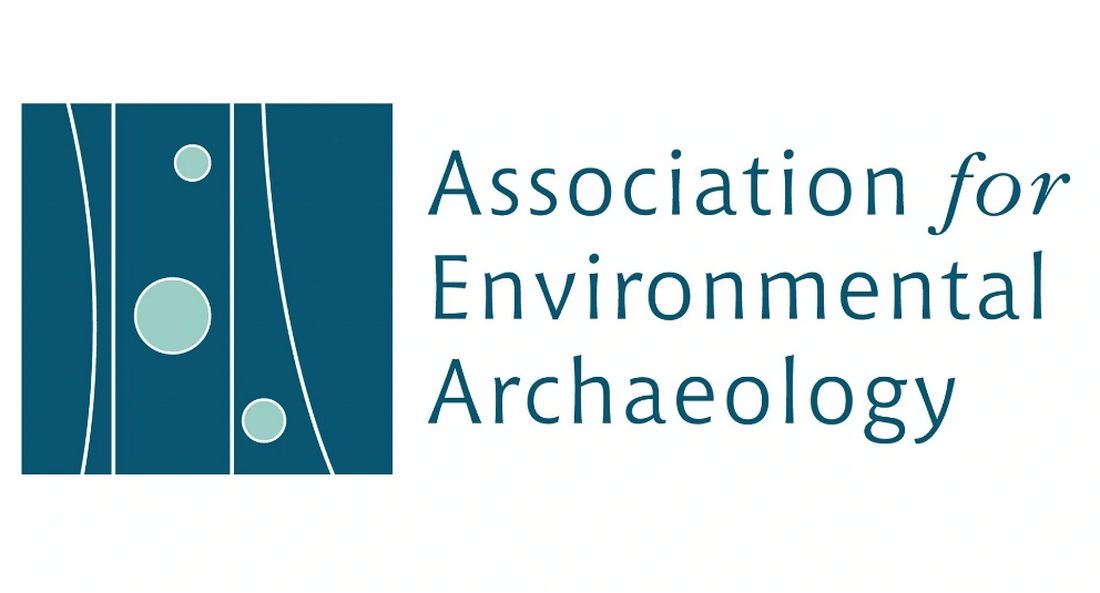Nuevo volumen especial sobre el comportamiento complejo de los neandertales
Mariana Nabais y Ruth Blasco, investigadoras del IPHES, preparan actualmente el número especial “Neanderthal Complex Behavior Through the Lens of Faunal Resources”, volumen que editará Frontiers in Environmental Archaeology
Mariana Nabais and Ruth Blasco, researchers from the IPHES, are currently preparing the special issue “Neanderthal Complex Behaviour Through the Lens of Faunal Resources”, a volume to be edited by Frontiers in Environmental Archaeology.
Human complex behaviours have been considered as hallmarks of modernity and, therefore, exclusive to Anatomical Modern Humans (AMH). However, in recent decades Archaeology has demonstrated that, both cognitively and behaviourally, Neanderthals were no different from their contemporary African populations from which our ancestry mostly derives.
Zooarchaeological investigation is seen as key in detecting Neanderthal complex behaviours, and can advance our understanding in one of the most debated issues in Palaeolithic Archaeology. The traditional idea that Neanderthals had a narrow diet based on large game has been put into question, since multiple archaeological sites have shown evidence of intentional broad diets, which include not only large ungulates but also small prey and plant resources. Zooarchaeology has been pivotal in providing evidence to disprove long-standing notions of Neanderthal inability to, not only adapt to changing environments, but also their inability to procure, process, store and preserve faunal resources, and even use these faunal resources as raw materials for tool production and ornamentation.
The goal of this Research Topic is two-fold: (1) to present new evidence that challenges the traditionally accepted models in which Neanderthals are seen as limited in their faunal resource use; (2) to design new models in which ecological adaptability and faunal resource use trends can demonstrate Neanderthal’s malleable and complex behaviours. The scope of this collection is to comprehensively compile the current developments and recent advancements in the field of zooarchaeology from Neanderthal contexts. We welcome original research, systematic review, methods, review, hypothesis & theory article types, as well as mini reviews, perspectives, case reports, and brief research reports.
Areas to be covered in this Research Topic may include, but are not limited to:
• Large and small prey use by Neanderthals (e.g. food, raw materials, ornamentation)
• Neanderthal provisioning strategies of faunal resources
• Neanderthal processing activities of faunal resources
• Neanderthal preservation and storing of faunal resources
• Neo-taphonomic experimentations with faunal specimens
All manuscripts should be submitted here


